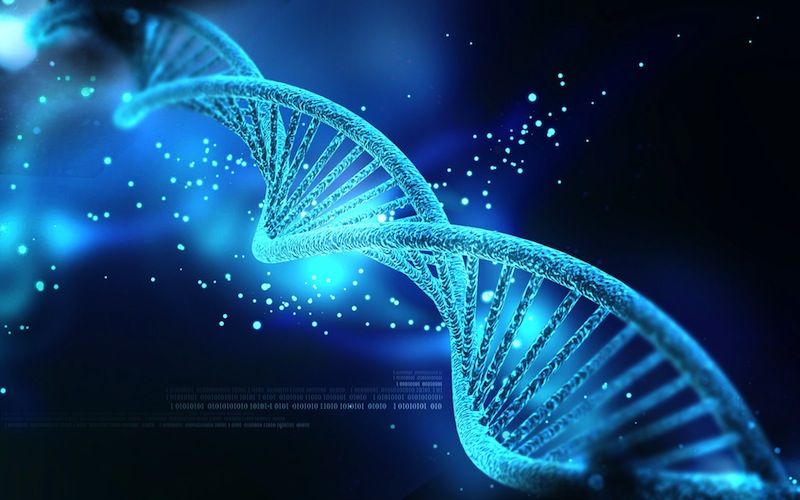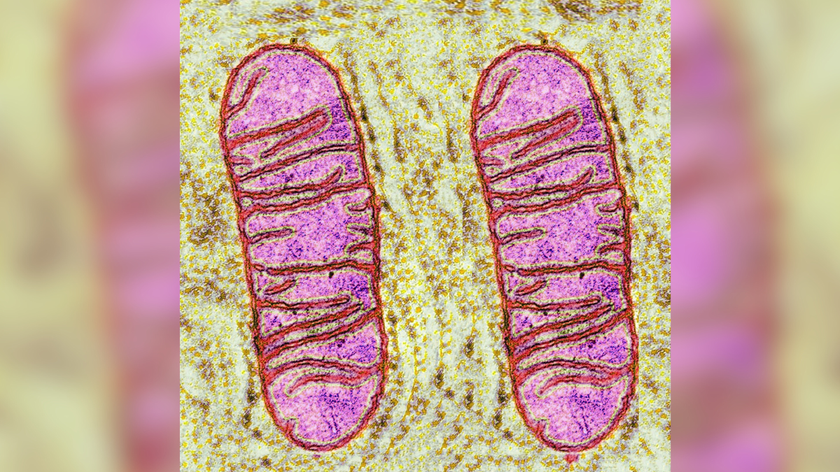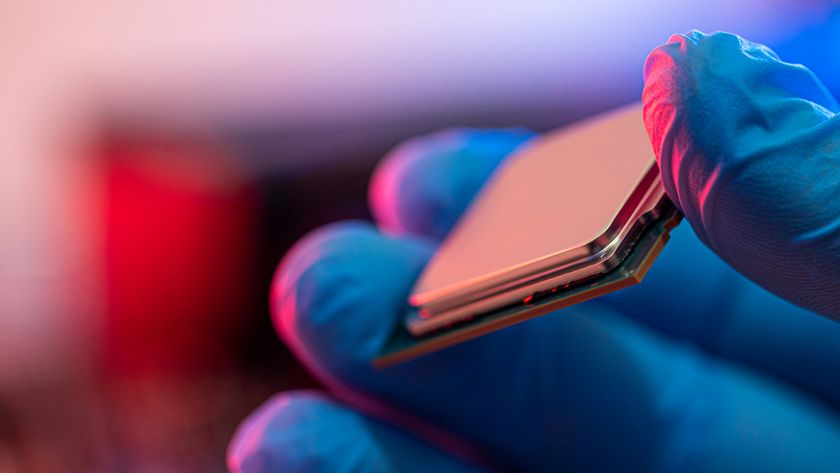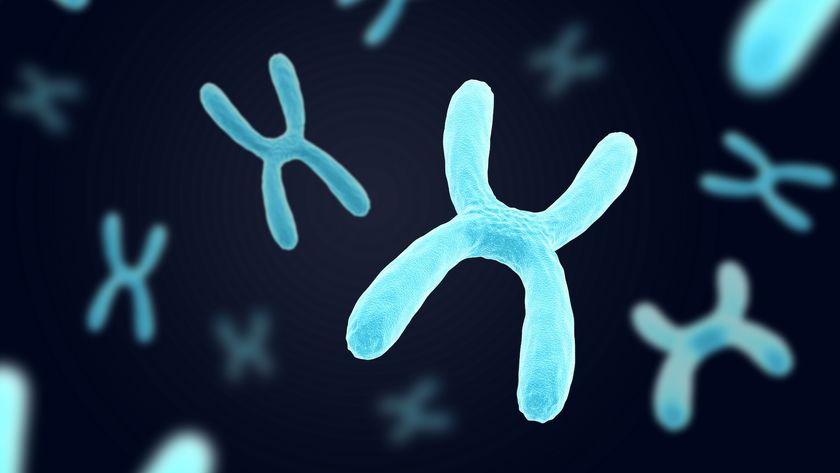Controversial Human Embryo Editing: 5 Things to Know

Scientists in Sweden have become the first to edit the genetic material in healthy human embryos, but what exactly are these researchers editing and why is the research so controversial?
In recent experiments, biologist Fredrik Lanner, of the Karolinska Institute in Stockholm, and his colleagues injected human embryos with a gene-editing tool intended to make very precise changes to the embryo's DNA, according to NPR, which first reported the news. This was done at a very early stage in development, just a few days after fertilization.
The researchers said they hope the experiments will help them learn about early development in embryos, and perhaps one day lead to new methods for treating infertility and preventing miscarriages.
Here are five key facts to know about the research:
This isn't the first time scientists have edited a gene in human embryos
In 2015, scientists in China published a study in which they had tried to make changes in human embryos, specifically on a gene involved in the blood disorder beta thalassemia. A year later, another research group in China tried to edit DNA in human embryos so that they would be resistant to infection with HIV. However, in both of those experiments, the embryos could not have developed into human babies. That's because the embryos were fertilized by two sperm during in vitro fertilization (IVF), and so contained an extra set of chromosomes that would make them unviable past a certain point in their development, according to Nature News.
The new embryos won't be used for pregnancy
Sign up for the Live Science daily newsletter now
Get the world’s most fascinating discoveries delivered straight to your inbox.
In contrast, the embryos in Lanner's experiments are healthy and could, in theory, lead to pregnancy. They were donated by couples who had undergone IVF at the institute, according to NPR. But Lanner said he will not let the embryos develop beyond 14 days, and initially plans to study the embryos for only the first seven days of development, NPR reported.
"[I] stand against any sort of thoughts that one should use this to design designer babies," Lanner was quoted as saying.
The new research will target developmental genes
Lanner and colleagues will use a gene-editing technique called CRISPR-Cas9 to "knock out" (or "turn off") specific genes involved in the early stages of development, according to NPR. By doing this, the researchers hope to learn more about the role of these genes in development, particularly the genes thought to be involved in infertility, the scientists said. In earlier work, Lanner and colleagues studied which genes were expressed in 88 human embryos in the early stages of development, which helped the researchers identify the genes that will be altered in the new experiments, according to Nature News.
Human embryo editing is controversial
Even though the embryos used in the new research will not be allowed to develop past 14 days, the experiments still have some scientists concerned. One worry is that, because the editing technique is new, researchers could make a mistake that could result in a new human disease that could be passed down to future generations, Marcy Darnovsky, of the Center for Genetics and Society in California, told NPR.
Another concern is that the work is a step toward making "designer babies," and the critics have said that more discussion is needed to prevent misuse of the technology. In a statement in February, Darnovsky said, "The public conversation about this potentially society-altering technology has barely begun." She added, "Now is the time to ensure that gene editing is not used to create [genetically modified] babies."
But human embryo editing is gaining more acceptance
Recently, there's been a movement toward allowing human embryo editing in some cases, with the aim of improving health. In December 2015, researchers held an international summit on human gene editing, which suggested some limits, but also some legitimate uses for human embryo editing.
The summit concluded that the technology should not be used to alter the genes of embryos that are intended for use in pregnancy, according to Nature News. Additionally, the group said it would be "irresponsible" to conduct editing on the human germ line (meaning, changes that could be passed down to future generations) until there is more work and discussion of safety and ethical issues.
However, the summit members also said that basic research using human gene editing, which includes Lanner's work, could be acceptable. Other researchers, including a group in the United Kingdom, have been given approval to use CRISPR editing in human embryos during early development. That work will also use viable human embryos, but the experiments will be stopped after seven days, according to Nature News.
Original article on Live Science.

Rachael is a Live Science contributor, and was a former channel editor and senior writer for Live Science between 2010 and 2022. She has a master's degree in journalism from New York University's Science, Health and Environmental Reporting Program. She also holds a B.S. in molecular biology and an M.S. in biology from the University of California, San Diego. Her work has appeared in Scienceline, The Washington Post and Scientific American.












